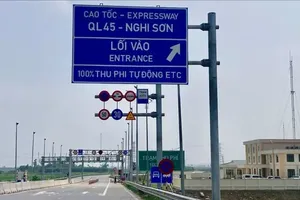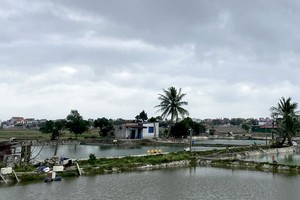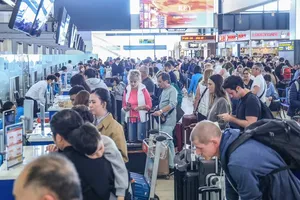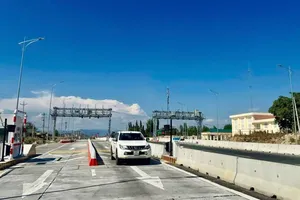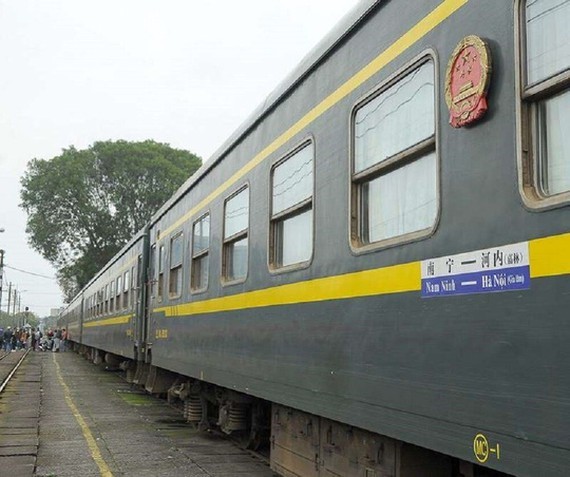
As reported, around 39,263 train tickets were returned.
Because the number of train passengers has been reducing, railway transport joint stock companies have to cancel 78 passenger trains, down 8.3 percent compared with the plan.
In particular, passenger transport revenue is expected to damage by VND 54.8 billion, a decrease of 13.3 percent over the same period of 2019, freight transport revenue is expected to decrease by VND 9.9 billion.
In order to minimize damage, the railway sector is launching preferential policies to reduce fares on the North-South trains, the exchange and return fees for pupils and students, especially for the busiest passenger route of Hanoi – Vinh, etc.
In addition, the companies also issued a policy of discount promotion for the whole year, with incentives by 50 percent for groups and tourism agencies pursuant to the principle of buying as soon as possible, longer distance and the busiest passenger delegation on the train.
However, the reduction of railway fares is not enough to attract passengers, partly because the disease is getting more serious and other means of airway and roadway transportation also have better discounts than railways.
Regarding freight transport, although cargo trains have re-operated, the number of trains through Lao Cai border gate is only two twinsets per day and night.
At Dong Dang border gate, some trains carrying agricultural products are also operating.



